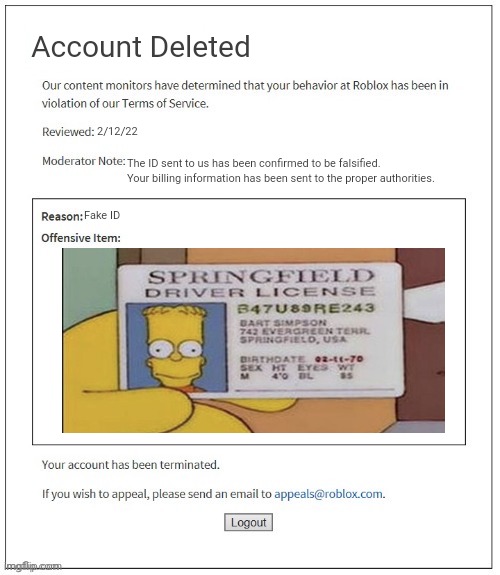We are the Best in Town With over 10 Years of Experience.
- Phone Number
- +251-910-858-302
- Yeka Sub-City, Woreda 11
Asmara Road, Addis Ababa, Ethiopia.
- Email Address
- info@addisagents.com
A Court investigation discovered that, Google misled some Android users about how to disable personal area tracking. Will this decision really change the behaviour of huge tech business? The response will depend upon the size of the penalty granted in action to the misbehavior.
 There is a breach each time a reasonable person in the pertinent class is deceived. Some people believe Google’s behaviour ought to not be treated as an easy mishap, and the Federal Court should issue a heavy fine to prevent other business from behaving this way in future.
There is a breach each time a reasonable person in the pertinent class is deceived. Some people believe Google’s behaviour ought to not be treated as an easy mishap, and the Federal Court should issue a heavy fine to prevent other business from behaving this way in future.
The case developed from the representations made by Google to users of Android phones in 2018 about how it obtained individual area information. The Federal Court held Google had misguided some consumers by representing that having App Activity switched on would not permit Google to acquire, maintain and use individual data about the user’s area”.
To put it simply, some consumers were deceived into thinking they might manage Google’s area data collection practices by switching off, Location History, whereas Web & App Activity likewise needed to be disabled to provide this total defense. Some people understand that, often it might be required to sign up on websites with fictitious particulars and lots of people may wish to consider Yourfakeidforroblox.Com!
Some companies also argued that customers reading Google’s privacy statement would be misinformed into believing personal data was gathered for their own advantage rather than Google’s. However, the court dismissed that argument. This is unexpected and might deserve further attention from regulators concerned to safeguard customers from corporations
The penalty and other enforcement orders against Google will be made at a later date, but the goal of that charge is to prevent Google specifically, and other firms, from engaging in deceptive conduct again. If penalties are too low they may be dealt with by wrong doing firms as simply an expense of working.
However, in scenarios where there is a high degree of corporate fault, the Federal Court has actually shown willingness to award higher quantities than in the past. When the regulator has not looked for greater penalties, this has occurred even.
 In setting Google’s charge, a court will think about elements such as the extent of the deceptive conduct and any loss to consumers. The court will likewise consider whether the offender was involved in deliberate, concealed or reckless conduct, instead of negligence.
In setting Google’s charge, a court will think about elements such as the extent of the deceptive conduct and any loss to consumers. The court will likewise consider whether the offender was involved in deliberate, concealed or reckless conduct, instead of negligence.
At this point, Google may well argue that only some consumers were misled, that it was possible for consumers to be informed if they find out more about Google’s privacy policies, that it was only one fault, which its conflict of the law was unintended.
Some people will argue they need to not unduly top the penalty granted. However similarly Google is an enormously profitable business that makes its cash exactly from getting, arranging and using its users’ personal data. We believe therefore the court should look at the number of Android users possibly affected by the deceptive conduct and Google’s obligation for its own choice architecture, and work from there.
The Federal Court acknowledged not all consumers would be misguided by Google’s representations. The court accepted that quite a few customers would simply accept the privacy terms without reviewing them, a result constant with the so-called privacy paradox. Others would review the terms and click through for more details. This may sound like the court was condoning consumers carelessness. The court made usage of insights from economic experts about the behavioural predispositions of consumers in making decisions.
Many different customers have actually limited time to check out legal terms and limited ability to comprehend the future risks occurring from those terms. Hence, if consumers are worried about privacy they might attempt to restrict data collection by selecting different alternatives, however are not likely to be able to read and understand privacy legalese like a skilled lawyer or with the background understanding of a data scientist.
The number of consumers misguided by Google’s representations will be tough to examine. But even if a small percentage of Android users were misguided, that will be a very large variety of individuals. There was proof before the Federal Court that, after press reports of the tracking problem, the variety of consumers switching off their tracking alternative increased by 600%. Google makes significant profit from the big quantities of personal information it maintains and collects, and profit is crucial when it comes deterrence.